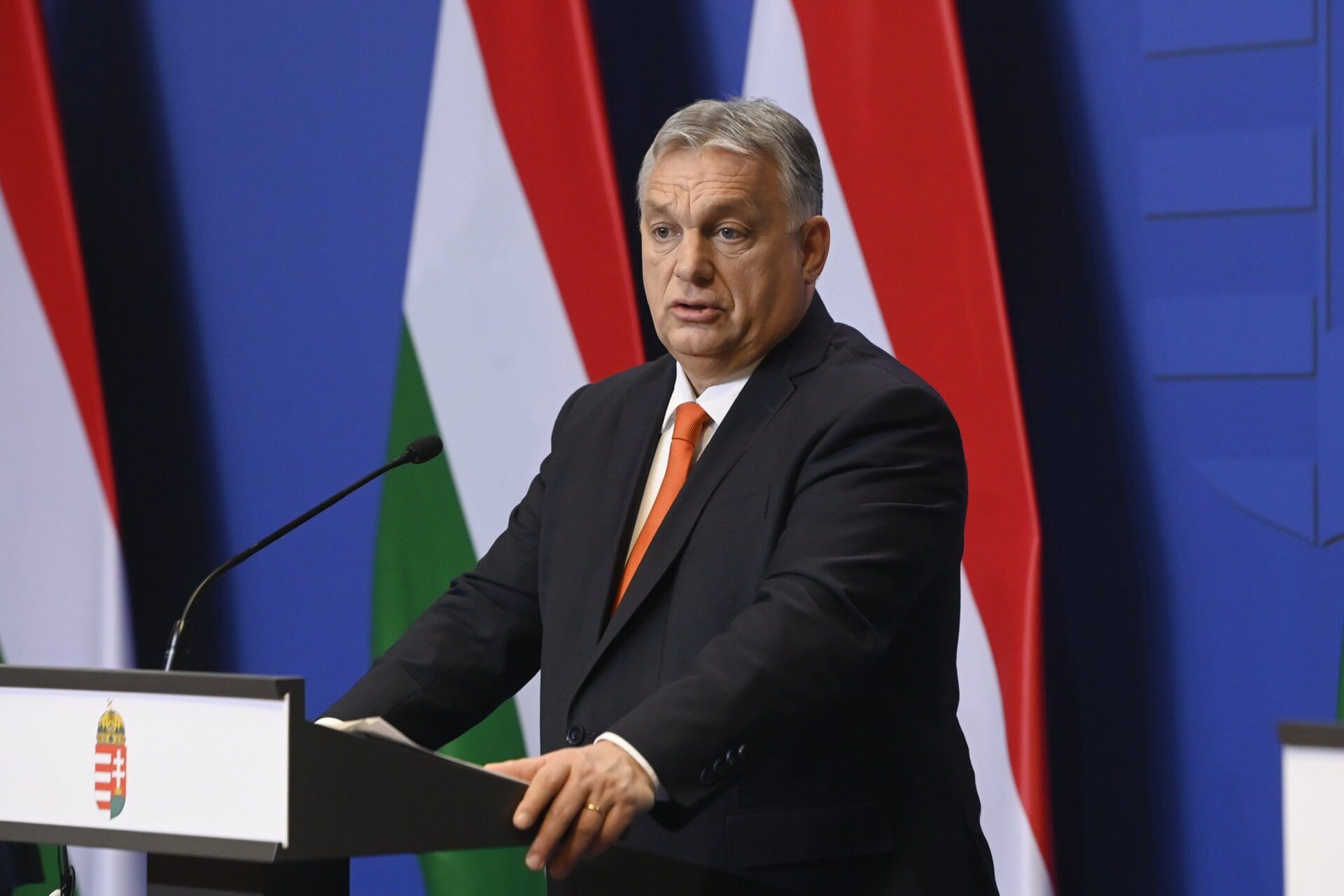Viktor Orbán held his regular end-of-year press brief on Wednesday, addressing a broad pool of domestic journalists and international correspondents. The prime minister assessed the government’s performance in 2022 as well as the challenges the nation faced and the results that have been achieved.
2022 in Six Points
Orbán stated that Hungary performed remarkably well in what was the most challenging year of the past three decades. He listed six major challenges the nation faced and successfully tackled. First, the April parliamentary elections, in which Fidesz secured a two-thirds majority for a fourth time, and which represented a genuine struggle for freedom and the need to uphold Hungary’s independence and sovereignty. The PM emphasized that while the united opposition received about three billion forints from the US Action for Democracy Foundation, Fidesz received about three million votes.
Secondly, Hungary has avoided being involved in the Russo-Ukrainian war. The prime minister noted that there are only losers in the the Ukraine war, including the European economy that has suffered significantly as a result of the sanctions. Viktor Orbán reiterated that the Hungarian government has consistently advocated for the immediate cessation of hostilities and the start of peace talk.
Thirdly, Hungary successfully defended its borders in 2022. The PM reminded that the country is under double pressure: illegal immigration along the southern border and a large influx of Ukrainian refugees.
Fourthly, Hungary has managed to finance the higher energy prices. Orbán recalled that while the cost of Hungary’s total energy imports was around 7 billion euros in 2021, that figure grew to 17 billion this year.
Fifthly, the country has been able to maintain a labour-based economy in 2022. Never before have so many people worked in Hungary as this year, the PM stressed, underscoring that more than 70 per cent of the adult population is employed.
Sixthly, the agreement with the European Commission has been achieved. Orbán remarked that the government had to defeat the Hungarophobia that dominated the liberal world. He described the EU’s rule of law proceedings as ‘a serious nail in the EU’s coffin’.
Looking Ahead
The prime minister stated that keeping Hungary out of the war and the European recession in 2023 will be of utmost importance. He said that by the end of the following year, the administration wanted to see inflation fall to a single digit. Orbán asserted that it is in the interest of Hungary for Ukraine to be a sovereign state, the government agrees that Ukraine should get financial assistance from the EU, but believes that the decision for member states to jointly borrow money to finance Ukraine was a mistake. The PM noted that he was glad an agreement has been reached, even though he does not necessarily agree with it.
In response to a query, the prime minister said a trip to Kyiv is not currently on his agenda. He noted that although his government does not support the sanctions since the existing sanctions policy is going in the wrong direction, it does not veto the sanctions.
With regard to the corruption scandal that has recently broken out involving MEPs, Orbán said the reputation of the European Parliament—which in September declared that Hungary was no longer a ‘full democracy’—was ‘already nil’ and could not sink any lower. ‘The swamp should be drained,’ he said, reiterating the Hungarian government’s calls to curtail the EP’s power and have national governments appoint EU lawmakers, rather than them being elected by direct vote.
When asked how long he intends to stay in politics, Viktor Orbán said he had no plans to retire. ‘Of course, you can’t know how long you can last, but it’s not like football, God will decide,’ the PM remarked.








